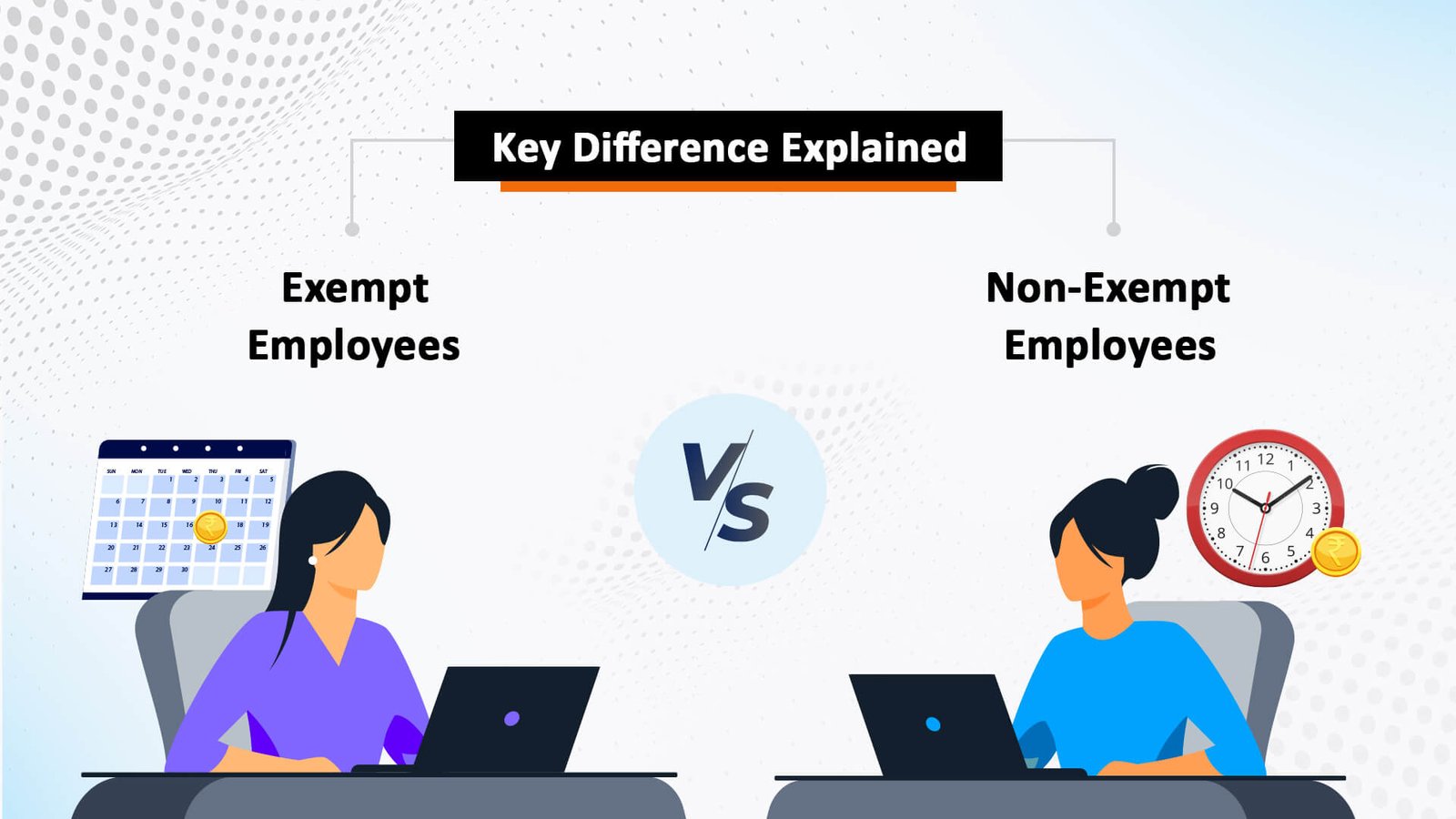Your paycheck is the key to leveraging your entire income. This statement rings particularly true for Texas, a state that has its own set of employment and tax laws. The more you dig into how your income is being calculated and reduced, the better financial choices you can make.
We help guide you through the Texas paycheck necessities so that you can earn like a pro.
Understanding Your Texas Paycheck
Here are the essential parts of your paycheck in Texas and how they affect your take-home pay. Elements like gross wages, federal income tax withholding, Social Security and Medicare taxes, as well as any state-specific deductions and other voluntary deductions (i.e., retirement contributions or health insurance premiums).
Gross Wages
Gross wages refer to the total amount you earn before any deductions are made. This is your salary, as well as the base pay for each hour you work, including overtime rates and commissions, and the pay for any bonuses or profit-sharing payments. Texas provides no state income tax, reducing you down to federal taxes and a few other standard deductions from your gross wages.
Federal Income Tax Withholding
Federal income tax is one of the major deductions from your paycheck. This amount is withheld based on your income and the information you entered on your W-4 form. You may adjust your federal tax withholding more appropriately for your financial situation at any time by filing a new W-4 form with your employer.
Social Security and Medicare Taxes
FICA, which stands for Federal Insurance Contributions Act (FICA) taxes, is the Social Security and Medicare taxes that come out of your paycheck. Social Security tax is set at 6.2% of your gross wages, and Medicare tax is 1.45%. Your employer matches these contributions, which fund the federal programs that deliver benefits to retirees (and other qualifying parties).
State-Specific Deductions
Texas is one of only seven states that do not levy a state income tax, which is obviously a great benefit to employees. Note that there may still be state-specific deductions (i.e., unemployment insurance, workers’ compensation). These are often minimal but can add up to a state income tax benefit over time with no state income tax.
Voluntary Deductions
Voluntary deductions are optional and include contributions to retirement plans (such as 401(k) or IRA), health insurance premiums, life insurance, and other employee benefits. Understanding these deductions and how they impact your overall financial picture is essential. Participating in these plans can provide significant tax advantages and help secure your financial future.
Tips for Maximizing Your Take-Home Pay
Now that you have a better sense of the different elements in your salary statement, here are some tips on how to increase take-home pay in Texas:
Adjust Your Tax Withholding
You can do it by adjusting your federal tax withholding. Receiving a large tax refund at the end of the year indicates that too much was withheld, essentially giving the government an interest-free loan. Figure Out How Much to Withhold from Your Paycheck. The IRS has a pretty good withholding calculator that can help you ensure your withholdings are spot-on.
Maximize Pre-Tax Contributions
Utilize accounts that accept pre-tax contributions (e.g., retirement plans and HSAs). These deductions may not seem like a lot, but they add up and lower your taxable income over time, saving you money on your taxes while setting aside funds for the future. One common outcome of this approach is that you end up being taxed on less of your money in any given year (using your 401(k) contributions to reduce your taxable income means you pay less in federal taxes, for example).
Maximizing Wisconsin Paycheck Calculators: A Comprehensive Guide
Review Your Employee Benefits
Make sure you are taking advantage of the benefits offered. Few companies offer health, dental, and retirement benefits. Knowing how to utilize and reap the rewards of these may drive huge savings. For example, signing up for your employer’s health insurance may be cheaper than buying a private plan.
Stay Informed About Tax Credits and Deductions
Knowledge of Tax Credits/Deductions: The best way to reduce your taxes is by staying current on what tax credits or deductions are available. The Earned Income Tax Credit (EITC), for example, is offered to low-to-moderate-income workers and can mean big tax savings. Tax deductions: Education expenses, home office costs, and charitable contributions all reduce your taxable income.
Negotiate Your Salary and Benefits
Never negotiate for your wages and benefits with your employer. If you believe your skills and experience mean a raise or better benefits, then make the case to your employer. A raise means more money in your pocket — quite literally, as a higher salary raises the amount of income tax you have to pay.
Understanding Payroll Regulations in Texas
There are certain payroll laws in Texas that both benefit employees and ensure that they are compensated fairly. Get to know this law so you don’t get screwed out of fair pay.
Minimum Wage and Overtime
Texas: $7.25 per hour (same as federal minimum wage). Overtime pay is 1.5 times the normal rate for hours worked over 40 in a workweek for non-exempt workers.
A Step-by-Step Guide: How to Use a Georgia Paycheck Calculator?
Payday Laws
The laws in Texas provide that an employer must pay their exempt employees at least once per month, and non-exempt employees are to be paid at least twice per month. Knowing what your rights are when it comes to how often you get paid is critical as well in terms of managing your money.
Final Paychecks
According to Texas law, terminated employees should be paid their final paychecks within six days following the end of employment, and resigned employees should receive their final checks on the next scheduled payday. This information can help you prepare for financial changes, as would be the case for fewer payrolls in the first half of 2020.
Conclusion
The key to earning your potential income is strategizing and managing how you navigate your paycheck. By understanding the different parts of your Texas paycheck, utilizing pre-tax contributions, getting the most from employee benefits, and keeping up with tax credits and deductions, you can really boost your bottom line.
Boost Your Take-Home Pay: Master the Illinois Paycheck Calculator
FAQ's
How can I ensure I'm receiving fair compensation in Texas?
+
Regularly review your pay stub for accuracy, understand your employment contract, and stay informed about Texas labor laws.
What are common deductions on Texas paychecks?
+
Deductions may include taxes (federal, state, and local), insurance premiums, retirement contributions, and any garnishments or voluntary deductions.
How do bonuses and overtime impact Texas paychecks?
+
Bonuses and overtime are often subject to different tax rates. Ensure you understand how they're calculated and taxed to accurately predict your paycheck.
Can I negotiate my salary or benefits in Texas?
+
Yes, negotiation is possible. Research market rates, highlight your skills and experience, and confidently present your case during discussions with your employer.





